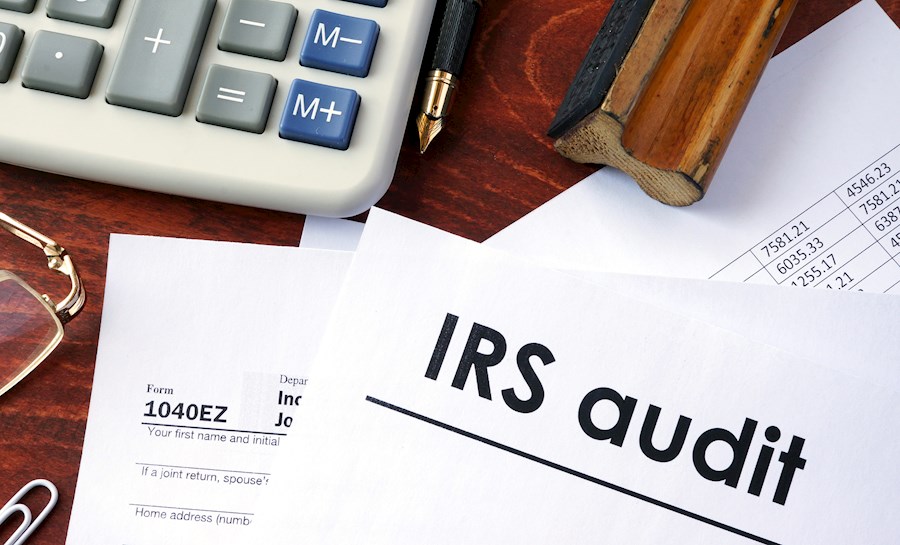Most people have heard of the horror stories of being audited by the IRS. While once in a while audits are randomly conducted, in most cases it’s a result of suspicious activity.
If you get audited and it’s determined that you owe the IRS, it can be a stressful event. They will demand you pay it back by whatever means necessary. You may have to hire a lawyer and go through a messy battle. Therefore, your best defense against being audited is to avoid these common things that may trigger an audit.
Making Errors
If you make a major mistake on your return which happens to work in your favor, the IRS doesn’t take it lightly. Although errors can occur from time to time, you’ll still be required to pay any fines associated with your error.
The best way to guard against making costly errors is to use a tax software or hire an accountant. It may require a small investment; however, when the alternative is getting audited and paying fines, it’s worth it.
Over-Claiming Work-Related Expenses
You may deduct work-related expenses such as materials and supplemental education costs. However, a lot of people claim expenses which aren’t actually accepted as work-related.
The expense must be directly related to your line of work and necessary for carrying out your job. Otherwise, the IRS will reject it. If they see a suspicious amount of unnecessary work-related expenses, you’ll be red-flagged in no time.
Overclaiming Charity Donations
The IRS permits you to deduct a certain amount of charitable donations from your tax return. If you made considerably large donations to charity, then you’ll likely get a handsome deduction from your taxes owed.
In some cases, however, people lie about the number of donations that they made. You’ll need to provide documentation for any donations that you made. Therefore, don’t make false claims which could get you into serious trouble.
Not Reporting Additional Income
One of the biggest red flags for the IRS is hiding part of your income. Failing to report side income is tax fraud. You should declare any freelance work that you do on a 1099 form.
If you use a tax software, the program will automatically show you how to add this form to your return. It’s pointless trying to hide this income because whoever you did side work for most likely also reported the income. Therefore the IRS already knows about this money you made.
Not Rounding Numbers Correctly
The IRS allows you to round your numbers to the nearest dollar in order to make the totals cleaner.
However, in some cases, people abuse this and round to the nearest hundred instead. Again, as with all other tax return offenses, claiming ignorance to the rules won’t get you out of it.
To read more on topics like this, check out the money category


 4 Things To Know About Heart Attacks
4 Things To Know About Heart Attacks